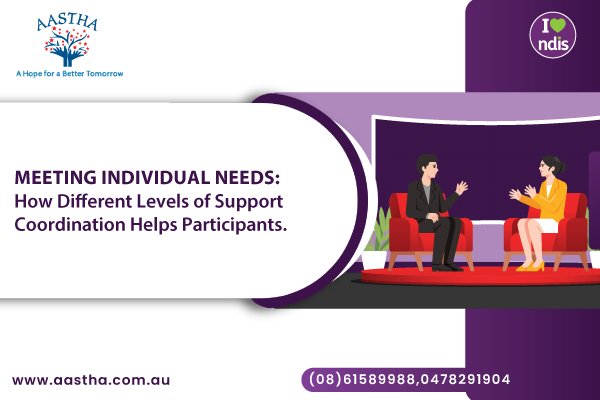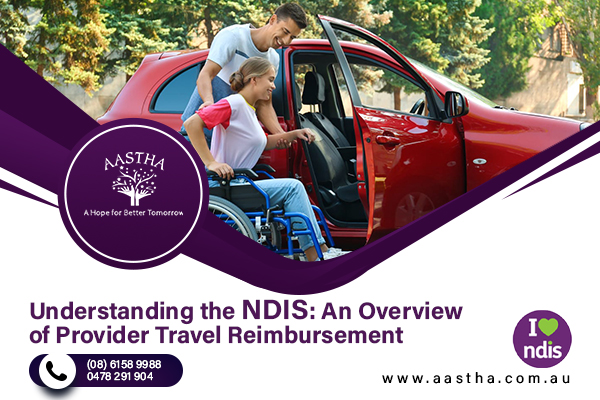The National Disability Insurance Scheme (NDIS) is a government-funded program that provides nationwide support to people with disabilities in Australia. One aspect of the NDIS that can be quite confusing for the providers and the participants alike is provider travel. In the NDIS context, travel refers to a worker going to or from a service when the participant is not present in the car. Many core and capacity-building support providers delivering services like personal care, therapy support, community nursing care, Early Childhood Early Intervention (ECEI) support, training for carers/parents and many other eligible support items can charge the participants for their time under provider travel.
The providers are allowed to claim travel expenses only when all the requirements laid down by the NDIS regarding the delivery of the services are met. Among the
requirements to be fulfilled, the first and foremost is that the support delivered has to be face- to-face and the travel costs must be specified in the service agreement between the provider and the participant beforehand. The amount charged for provider travel must also comply with the NDIS Pricing Arrangements and Price Limits. If the support worker is travelling to the same region to deliver service to two different participants, providers are required to apportion the travel time between the two clients and then charge in accordance with their respective service agreements. NDIS providers can charge you for provider travel in two ways:
a. Labour Costs
This is the time that it took the employee to get to or from an appointment, measured in minutes. That means the remoteness of the participant’s location will affect the pricing for provider travel. It is important to note that each leg of the journey is considered a separate session. This includes the trip to the appointment, the return journey from the same appointment, and any additional trips to new appointments. The time it takes to go back from the final participant of the day to the provider’s place of business may only be charged bycapacity-building support providers. As a participant, it is wise to avoid being the last appointment of the day as you will get charged.
b. Non-Labour Costs
The added expenses a worker incurs while travelling to and from an appointment such as s road tolls, parking fees, running cost of the vehicle, public transport charges etc can be claimed under non-labour costs after negotiating with the participant. Non-labour expenditures may only be claimed in conjunction with labour costs.
Aastha Community Services believe that having the right information regarding the NDIS empowers the participant make informed decisions and to protect their choice and control. Click here to know more about NDIS provider travel and pricing arrangements.


No comments:
Post a Comment